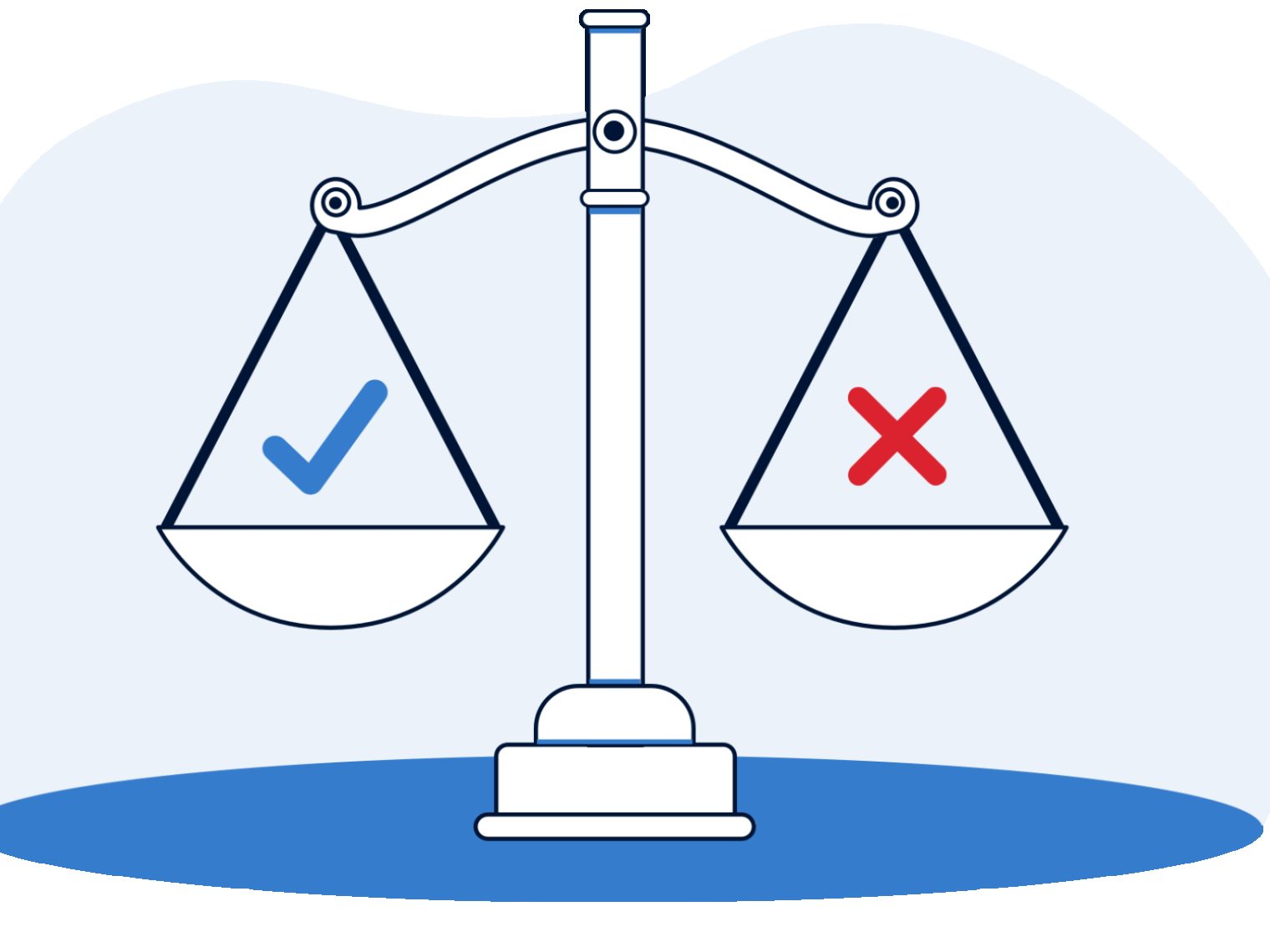When it comes to a VA loan, there are no set financial qualifications. Instead of the VA enforcing specific standards, lending companies set their own. However, there are certain criteria that VA lenders typically use as industry standards.
Some common financial requirements for VA loan lenders include:
- A maximum debt-to-income (DTI) ratio of 41%
- A credit score of at least 620
- A healthy amount of residual income
Some borrowers sail through with a strong DTI ratio and more than enough money left over each month to cover family expenses, which is what the residual income requirement takes into account.
Other borrowers may need guidance in preparing their financials for a VA loan. But prospective homebuyers with borderline credit scores, DTI ratios or residual income can take heart knowing there's still reason for hope.
If your credit score could use an overhaul, Veterans United's Lighthouse Program can coach you through credit problems and help you achieve your dream of homeownership.
If you have weaknesses in some areas but excel in others, compensating factors can provide crucial support.
VA Compensating Factors
Say your credit score is on the lower end, or your debt-to-income ratio is higher than recommended. In these cases, VA loan underwriters can turn to "compensating factors," which are strengths that help offset concerns and weaknesses in a buyer's loan application.
In other words, if your financial health is weak in one area but very strong in another, a lender will consider that when evaluating your ability to repay your loan.
Here's a list of compensating factors that VA lenders take into account:
- A sterling credit history
- Minimal debt
- Long-term employment
- Significant liquid assets
- Military benefits
- High residual income
- Healthy record of previous home ownership
- Minimal increase in home expenses
The VA explicitly notes that compensating factors must go above and beyond what would be considered a normal program requirement. This means that a "good" credit score of 650 may not combat a low level of residual income, but an "excellent" credit score of 800 might.
Note that what is considered an acceptable compensating factor will be unique to each lender.
Negative Compensating Factors
If your debt and income put you on the margins when it comes to qualifying for a mortgage, a VA loan's compensating factors can be a valuable benefit and bring you that much closer to loan approval. But the VA is unmistakably clear that compensating factors cannot counteract the effects of bad credit.
It's also worth noting that "negative compensating factors" can hurt your loan application. Some negative compensation factors that can hurt your chances of VA loan approval are:
- Previous bankruptcies
- Foreclosures
- Recent late payments
Just as compensating factors can help borrowers on the edge, these negative conditions can convince lenders you're not a solid investment.
Whether you're struggling with credit or have general questions about how VA loans work, you can speak with a Veterans United Home Loans specialist anytime at 855-524-7279.
Related Posts
-
 VA Renovation Loans for Home ImprovementVA rehab and renovation loans are the VA's answer to an aging housing market in the United States. Here we dive into this unique loan type and the potential downsides accompanying them.
VA Renovation Loans for Home ImprovementVA rehab and renovation loans are the VA's answer to an aging housing market in the United States. Here we dive into this unique loan type and the potential downsides accompanying them. -
 Pros and Cons of VA LoansAs with any mortgage option, VA loans have pros and cons that you should be aware of before making a final decision. So let's take a closer look.
Pros and Cons of VA LoansAs with any mortgage option, VA loans have pros and cons that you should be aware of before making a final decision. So let's take a closer look.


